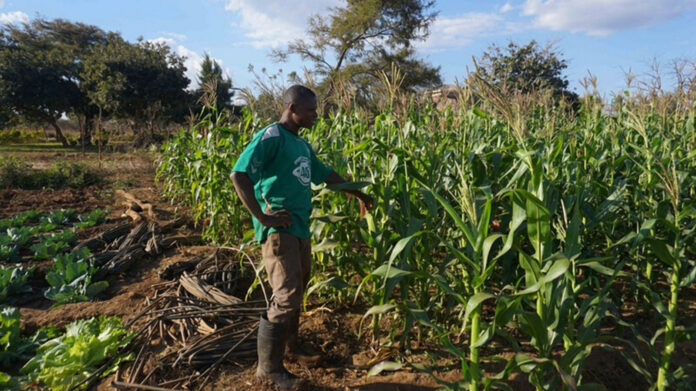Kenya and other countries in Eastern and Southern Africa are facing a grain shortage and will need to import from neighbouring states and international markets to cover the deficit.
Experts estimate that about 70% of these countries will rely on food imports due to the growing impact of climate change.
Kenya, South Sudan, Somalia, Rwanda, and Burundi will mainly import maize from Uganda, Tanzania, and Ethiopia to address their shortfall, although the import levels will be relatively low.
Increased competition for the available grain in the region is likely to increase flows to Kenya and the eastern parts of the Democratic Republic of Congo, where purchasing power and prices are higher. This may escalate their cost of living and import bills as they strive to feed their people.
Though the inflation in Kenya eased to 4.3% from 4.6% the previous month on reduced food prices, the regional outlook remains bad.
In Kenya, this figure is 98 – 103 kg, in Tanzania 73 kg, in Ethiopia 52 kg, and in Uganda 31 kg. Maize production went up 38.8% in Kenya from 34.3 million bags in 2022 to 47.6 million bags in 2023 following improved weather and government support.
This is despite an indication, at an Eastern and Southern Africa grain trade forum in Dar es Salaam, that over 60% of the region faces low maize production due to climate change.
Isaac Nderi: How Meru farmer uses porridge to boost milk production
Governments in Eastern and Southern Africa are working on support for private sector trade by signing $409 million grain trade contracts.
The forum, organized by TradeMark Africa, the Eastern Africa Grain Council, and the Alliance for a Green Revolution in Africa indicated that the latter will depend on markets that have surpluses to fill food needs.
Traditionally, Kenya has been importing grain, mainly maize and wheat, with Russia being the country’s biggest supplier of wheat, followed by Argentina, Germany, Poland, Canada, Latvia, and Ukraine.
The forum concluded agreements on the trading of various grains and pulses totalling 748,854 metric tonnes worth $409 million across the region.








